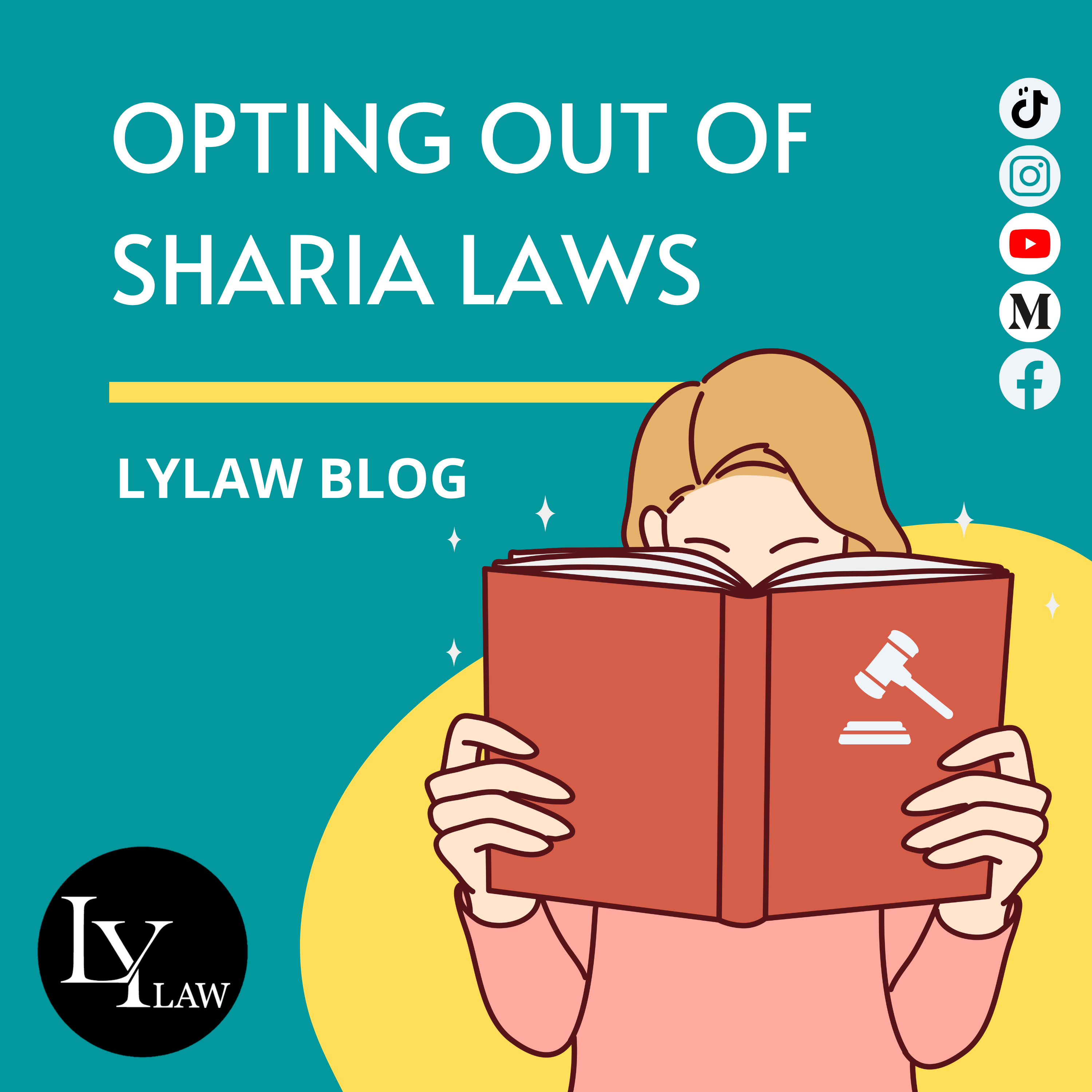The Federal Decree-Law No. 41 of 2024 on Personal Status has introduced provisions that enable Muslim residents in the UAE to apply their respective personal status laws of their own countries, even if such laws are not based on Sharia principles. This, therefore, represents a radical change in approach, making the UAE’s legal framework more inclusive and accommodating for its multicultural expatriate population.
Key Provision: Choice of Law
1. Applicability of Home Country Laws
- The law explicitly permits non-citizens, including Muslim residents, to request the application of their home country’s personal status laws with regard to marriage, divorce, custody, and inheritance.
- This shall be requested by one or both parties and is subject to the acceptance of the court, provided that it does not conflict with UAE public order and morals.
2. Recognition of Non-Sharia-Based Laws
- The law does not limit Muslim residents to Sharia principles when applying their home country’s laws, as long as these laws:
- Are legally applied in the resident’s home country.
- Do not conflict with the UAE’s public policy or basic principles of society.
Scope of Application
1. Marriage
- 2005 Law:
- Under the old law, Muslim marriages were required to conform to Sharia principles, which contain very specific provisions relating to dowry (Mahr), consent, and interfaith restrictions.
- Muslim residents were unable to elect the application of their home country’s civil or non-Sharia-based marriage laws.
- 2024 Law:
- Muslim residents may now elect to apply their home country’s civil or personal laws in respect to marriage.
- Consequently, UAE courts may recognize non-Sharia-based marriage contracts, such as civil unions, so long as they do not conflict with UAE public policy.
2. Divorce
- 2005 Law:
- Divorce for Muslims was governed by the Sharia, including:
- The requirement of Talaq.
- Khula (wife-initiated divorce) often required the wife to return her dowry or waive financial rights.
- Many cases of judicial annulment required evidence of harm or fault.
- 2024 Law:
- Divorcing Muslim residents can avail themselves of their home country’s divorce laws that may provide for:
- The ability to undertake civil divorce proceedings without having to rely on Talaq or Khula.
- The sharing of assets based on equitable sharing rather than solely on financial contributions.
- More gender neutrality in divorce proceedings.
3. Custody
- 2005 Law:
- Custody for Muslim families was granted based on Sharia.
- Mothers retained custody until boys reached the age of 11 and girls reached the age of 13, at which point custody usually went to the father.
- The non-monetary contributions of the custodial parent were frequently underestimated.
- 2024 Law:
- Muslim residents can apply the custody laws of their home countries, which may:
- Prolong custody rights beyond the Sharia age limits.
- Include joint custody or shared parenting arrangements.
- The welfare of the child shall be the paramount consideration without strict adherence to Sharia principles.
4. Inheritance
- 2005 Law:
- Islamic inheritance laws (Faraid) were applied rigidly to Muslims, with fixed shares for heirs, such as males getting a share twice that of females.
- 2024 Law:
- Muslim residents can request the application of the inheritance law of their home country, which may:
- Provide for equal division of assets irrespective of gender.
- Allow for wills that distribute assets in a manner different from that provided under Faraid principles.
- Give more flexibility in the appointment of beneficiaries.
Judicial Oversight
1. Role of the Court
- The UAE courts should validate the application of the home country laws of a Muslim resident to ensure that they:
- Do not conflict with the UAE’s public order and morals.
- Do not contradict the UAE’s mandatory provisions of law, such as the protection of minors.
2. Public Order and Morals
- While the UAE provides room for flexibility, any legislation that is at odds with the fundamentals of the UAE-for example, laws that permit practices contrary to public morality or in contradiction with societal mores will not be enforced.
- For example, laws permitting same-sex marriage, or polygamy in excess of what Sharia allows could be discarded.
Advantages of the New Framework
1. Incorporation of Muslim Citizens
Recognizes the diversity within the Muslim community and the fact that many Muslim-majority countries have adopted civil or hybrid legal systems.
2. Alignment with International Standards
The UAE’s legal framework now aligns with global best practices, accommodating expatriates’ cultural and legal expectations.
3. Flexibility in Family Matters
Muslim residents can address personal status issues in ways that are more compatible with their cultural and legal backgrounds, reducing conflicts and misunderstandings.
4. Simplification of Legal Processes
Avoids cumbersome Sharia-based litigation, for those that wish to apply relatively straightforward, civil legal procedures.
Limitations and Challenges
1. Court Approval
The flexibility comes out to be conditional on court approval which may further be contested to cause delay or more litigation.
2. Conflicts with UAE Public Order
The term “public order” is defined and may give a restrictive scope to the recognition of home country laws particularly if they happen to be very different from Sharia principles.
3. Documentation and Proof
Muslim residents must provide authenticated translations and evidence of their home country’s laws, which may complicate proceedings.
Examples of Applicable Cases
1. Case of Civil Marriage
A Muslim couple from a country allowing civil marriages may register their marriage in the UAE under their home country’s laws, bypassing Sharia prerequisites.
2. Divorce with Equitable Asset Division
A Muslim resident from a country with civil divorce laws can request equitable division of marital assets instead of Sharia’s approach which focuses on the ownership of each individual
3. Inheritance Distribution:
A Muslim expatriate from a country allowing the equal distribution for sons and daughters is allowed to request this law instead of Sharia-based fixed shares.
Conclusion
Federal Decree-Law No. 41 of 2024 introduces a new development in allowing Muslim residents to apply the laws of their respective countries, even if they are not based on the Sharia. With this change, the UAE increases its legal inclusiveness, making it more accommodating to its population, while it balances such openness with adherence to its public order principles. Nevertheless, judicial oversight and the requirement for compatibility with UAE values remain critical safeguards.









